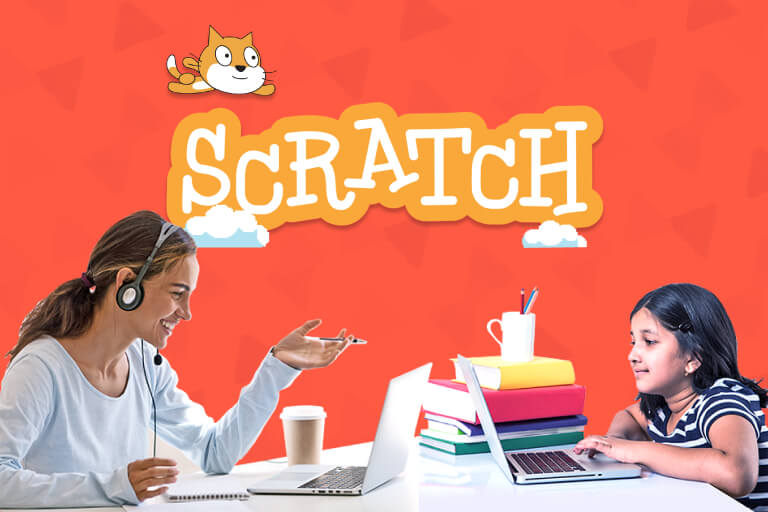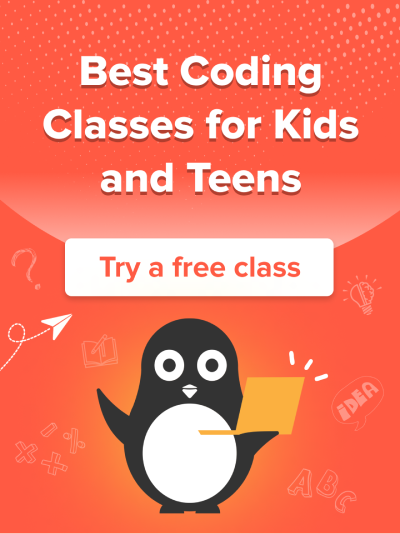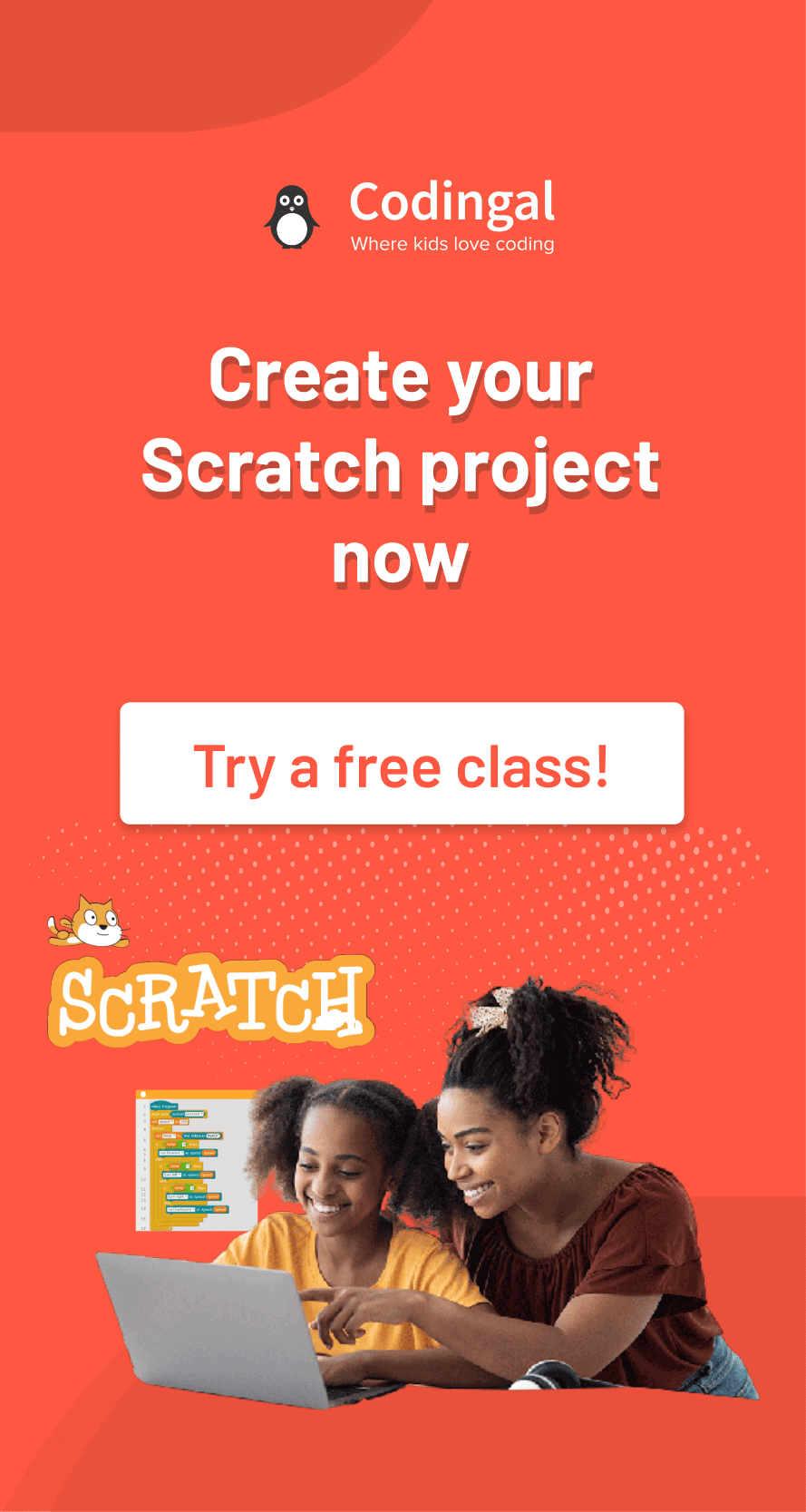Learning Scratch programming helps kids foster the essential 21-st century skills while improving academic performance. Here are the five amazing benefits of learning Scratch programming for kids.
Table of Contents
Introduction Encourages creative thinking Fosters problem solving Fun and interactive Helps develop logical thinking skills Stepping stone to high-level programming ConclusionIntroduction
Scratch is a visual programming language that lets children create a wide range of projects, including interactive stories, games, animations, and much more.
Scratch programs are made up of graphical coloured blocks. Kids can create programs by snapping different code blocks together.
The blocks resemble puzzle pieces and can only be snapped together in ways that make sense. It prevents kids from using them in invalid combinations.
In this way, Scratch enforces proper programming syntax and ensures that beginners learn the proper way to assemble and formulate programming logic.

Scratch is designed to meet the needs of children between 8 and 16, helping to introduce them to computer technology. Coding for kids has many benefits, including enhanced learning capabilities and opportunities for creativity and self-expression.
Let’s explore the five amazing benefits of learning Scratch programming for kids.
Encourages creative thinking
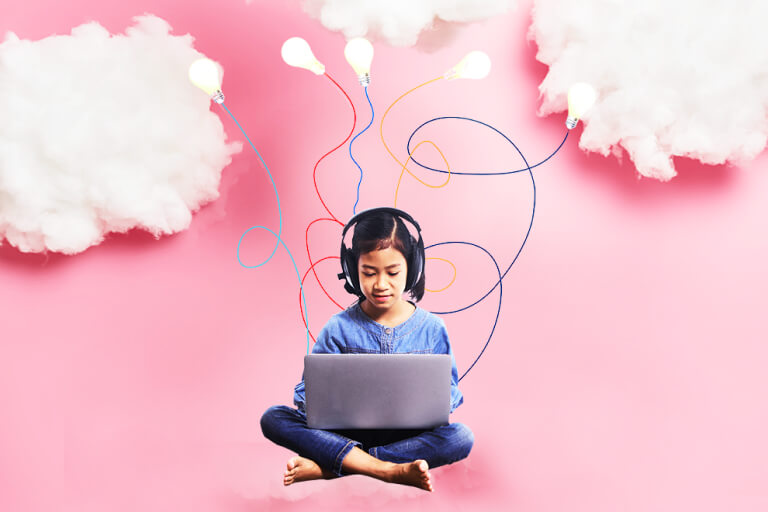
Scratch’s slogan is Imagine—Program—Share! It’s designed primarily for kids to encourage creativity by providing them with an easy-to-learn yet powerful programming platform.
It has a large library of predefined sprites and backgrounds, but it also lets kids draw their designs. With Scratch coding for kids, kids will be able to create interactive stories with any character they can imagine. Customizing sprites and creating interactive projects will improve their creativity and make them better at design, animation, and storytelling.
Scratch facilitates the development of projects using a mixture of media, graphics, and sound to create something new. It enables kids to unleash the power of their imagination.
Fosters problem-solving
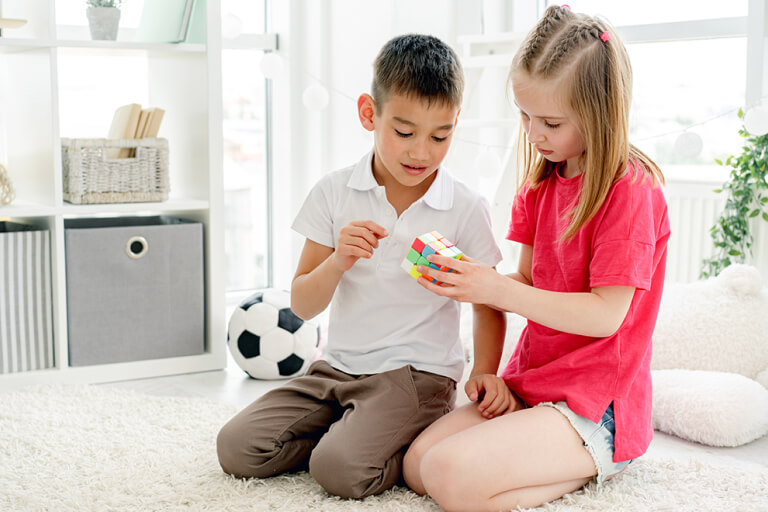
The Scratch programming language is designed to support the constructionist approach to learning, which encourages problem-solving.
Scratch programming helps kids develop programmatic thinking. This involves kids breaking down problems into smaller sub-components by organizing code blocks and exploring multiple solutions to problems.
To plan out the mechanics of their game or story, kids will need to figure out how multiple parts of their code or design will work together. Practising brainstorming in Scratch helps kids develop strong problem-solving and organizational skills transferable across multiple areas of life.
Scratch programming is Fun and interactive
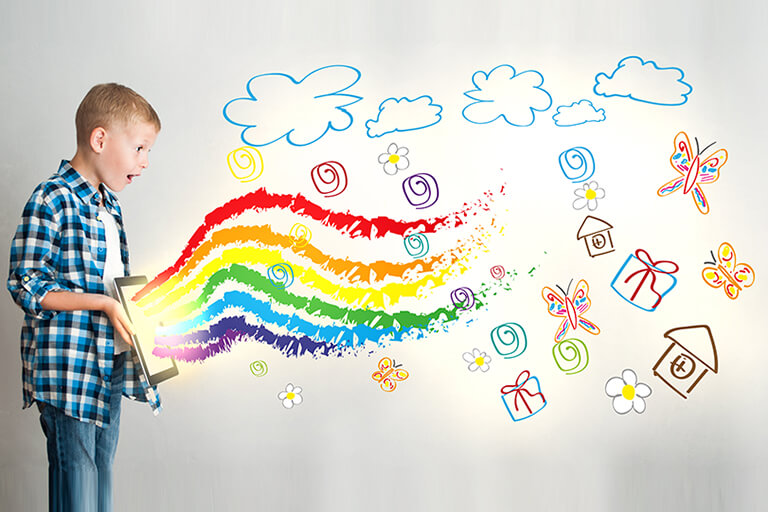
Learning happens naturally when kids are having fun. Scratch programming language is designed primarily for kids with a visually appealing interface.
Kids need to drag blocks from the block palette into the coding workspace to start building programs. Kids can snap code blocks to make characters move, jump, dance, and sing. They can modify how their characters look, and design their backgrounds.
With Scratch, kids can add their voices and sounds and even photos of themselves and then use the programming blocks to bring their characters to life. This allows kids to create games, animations, and other interactive programs easily.
In this way, children explore coding concepts in a safe and fun environment.
Helps develop logical thinking skills
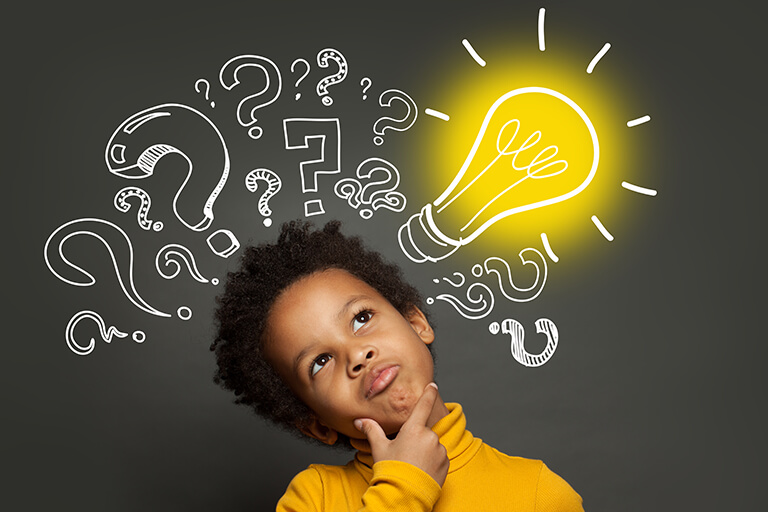
With Scratch, kids can drag and drop code blocks. It involves dragging and dropping code blocks instead of writing code while children still learn coding logic.
They can see what they are building and the result of their actions right away. This helps kids to understand and analyze the logic behind the programs.
Logic with Scratch builds on foundational concepts such as variables, data types, lists, arrays, loops, and operators. These skills also translate to other languages when students advance from the popular block-based coding to text-based coding.
Stepping stone to high-level programming
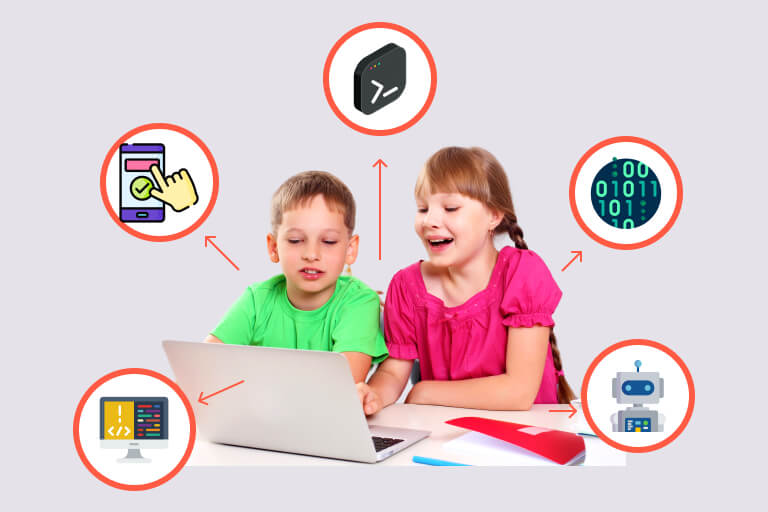
Scratch programming is one of the best ways for kids to learn to code.
It’s the perfect pathway for kids to learn programmatic thinking and get an enthusiastic head start into real-world coding skills.
Many other programming languages require kids to learn text commands and have strict rules about using them.
Scratch enables kids to focus their energy on the fun stuff, thinking of ideas for new programs, working out how to build them, designing them, and sharing them with friends.
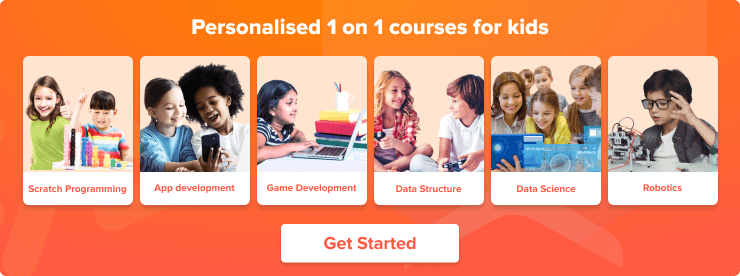
Conclusion
You have now learned the amazing benefits of learning Scratch programming for kids.
Kids can use Scratch to code their own interactive stories, animations, and games. In the process, they learn to think creatively, reason systematically, and work collaboratively — harnessing essential 21st-century skills.
Today, educators worldwide use Scratch programming to teach kids subjects like mathematics, music, art, design, and many more. Scratch is designed for exploration and experimentation, supporting many different learning styles.
Our Scratch classes are a fun and exciting way to build a foundation of skills that prepare kids for the future. Codingal motivates kids to bring their imagination to life by engaging in Scratch course activities individually and in groups.
For structured Scratch learning, Codingal offers a project-based Scratch programming course for kids ages 1-8. Our Scratch curriculum prepares students with full mastery of the Scratch environment and prepares them to advance into high-level programming.
Sign up for a free trial class and get started on the perfect pathway for kids to explore and learn coding with Scratch.
